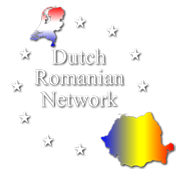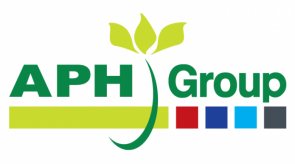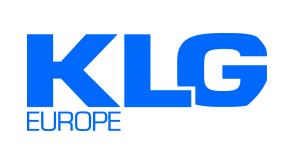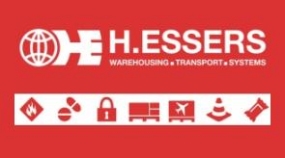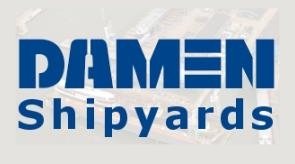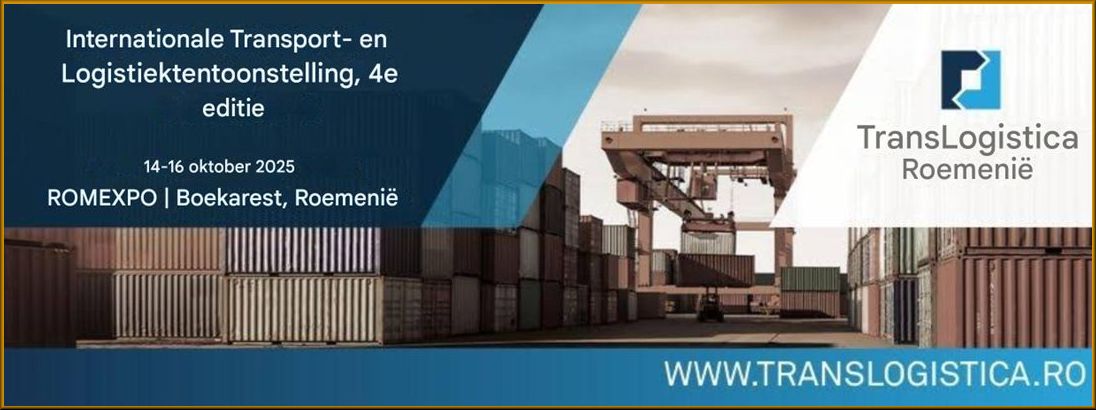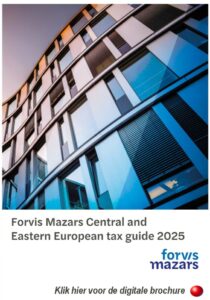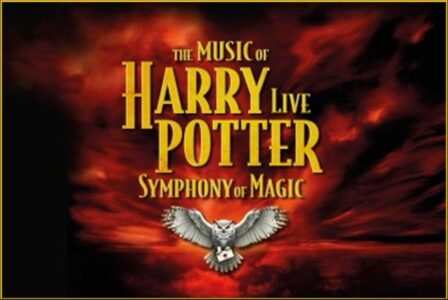Newsletter September 2025

In this newsletter:
Logistics and Transportation Sector | Automotive Sector | Retail Sector | Industry. Agricultural Sector | Sector Shipbuilding | Sector Defense Industry | Sector Defence. Financial Sector | Sector Aviation Sector Political Developments | Cultural Sector
Sector Logistics and Transport
The Dutch Romanian Network (DRN) welcomes Vos Logistics to its ranks.
“We simplify. Whatever it takes.”
So goes the motto of one of the largest transport and logistics companies in the Netherlands, Vos Logistics.
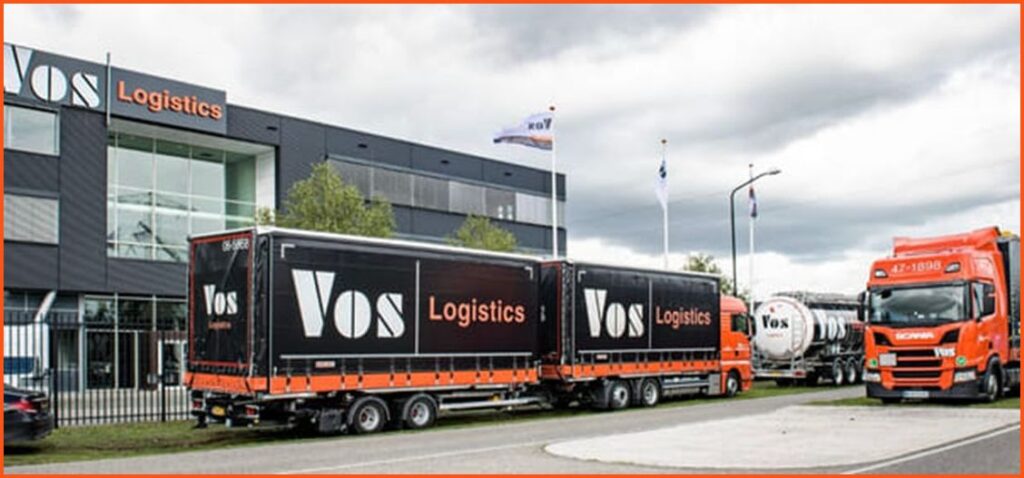
With their own fleet, they provide International Transport, delivering logistics solutions to clients such as warehousing, value-added logistics, forwarding, Benelux distribution and home deliveries. Founded in 1944, after more than 75 years Vos Logistics now has more than 30 branches, over 1300 trucks and 2600 employees, spread all over Europe. In Romania they are represented in the economic centers Cluj-Napoca, Bucharest and Constanta.
Hydrogen truck for VOS Transport Group to decarbonize Toyota logistics in Europe built by VDL Special Vehicles
Eindhoven – The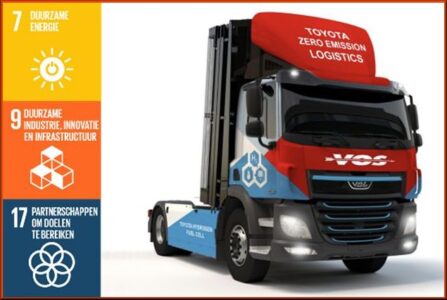 venter – Vos Transport Group (Vos) has joined forces with VDL Special Vehicles (VDL) to break into the zero-emission heavy-duty hydrogen truck market in Europe. Vos uses fuel cell technology from Toyota. Together with Toyota Motor Europe (TME), Vos and VDL aim to help accelerate the decarbonization of the logistics sector, a key factor in achieving TME’s goals of being fully carbon neutral by 2040.
venter – Vos Transport Group (Vos) has joined forces with VDL Special Vehicles (VDL) to break into the zero-emission heavy-duty hydrogen truck market in Europe. Vos uses fuel cell technology from Toyota. Together with Toyota Motor Europe (TME), Vos and VDL aim to help accelerate the decarbonization of the logistics sector, a key factor in achieving TME’s goals of being fully carbon neutral by 2040.
For their diverse capabilities and added services, please refer to their excellently designed and informative website: www.voslogistics.com
Automotive Sector
Surprise in the automotive market
Indians of Tata Motors buy Iveco Group, one of Europe’s largest commercial vehicle manufacturers, in a 3.8 billion euro transaction
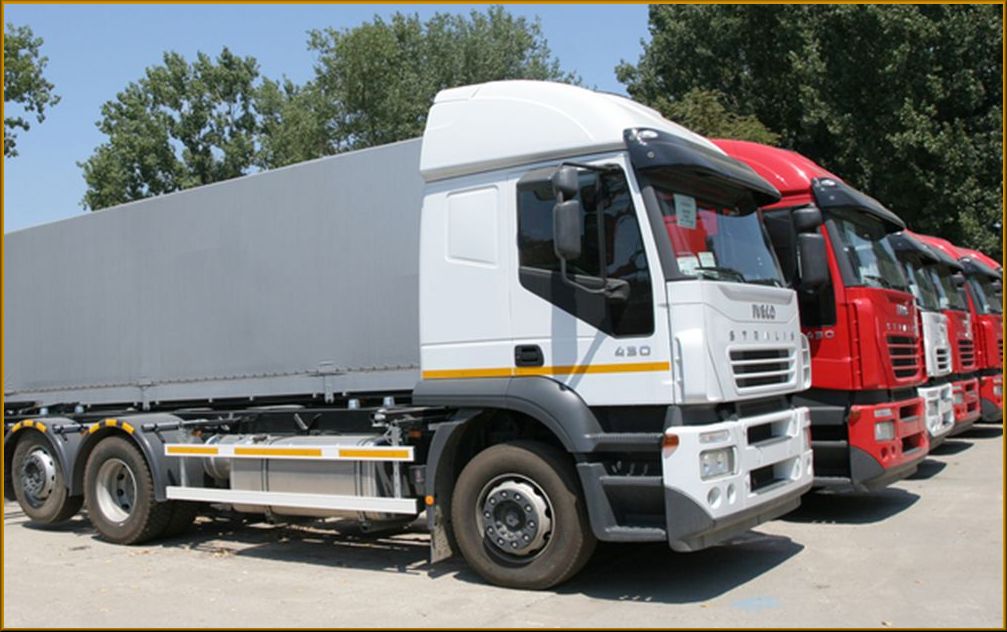
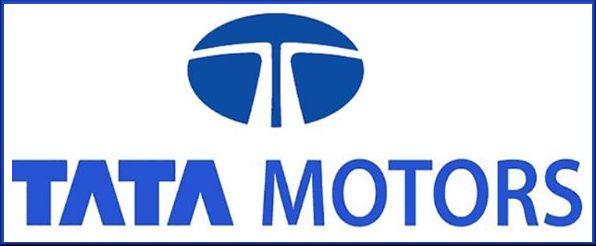 Tata Motors has announced plans to acquire Iveco Group NV, a leading European manufacturer of commercial vehicles and mobility solutions, through a voluntary public cash offer worth about 3.8 billion euros, writes ddnews.gov.in.
Tata Motors has announced plans to acquire Iveco Group NV, a leading European manufacturer of commercial vehicles and mobility solutions, through a voluntary public cash offer worth about 3.8 billion euros, writes ddnews.gov.in.
The proposed acquisition is subject to regulatory approval and the successful divestiture of Iveco’s defense division. The transaction aims to create a strong global player in the commercial vehicle industry by combining complementary capabilities, an expanded market position and a shared commitment to sustainable mobility. 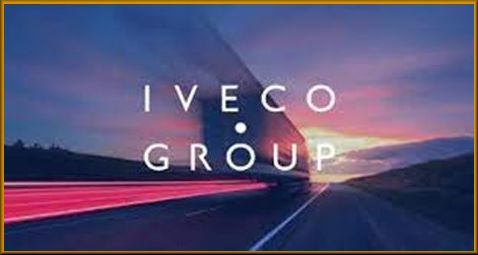
Under the agreement, Tata Motors acquires all outstanding ordinary shares of Iveco Group – excluding the defense division – for a cash consideration of €14.1 per share.
Completion of the transaction is conditional on the complete separation of the defense division, which is expected to be completed by March 31, 2026.
Price increase for toll vignette(rovinieta) from Aug. 1, 2025
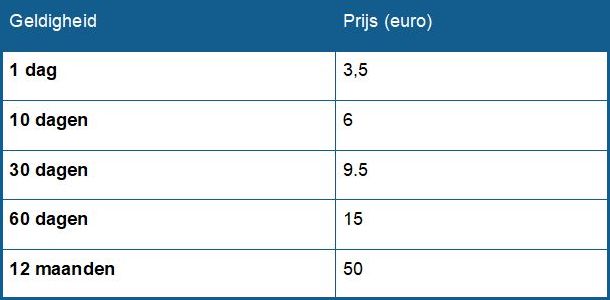 The government has approved a price increase for rovinieta. The price for 12 months will almost double, from 28 euros to 50 euros. These are the new prices depending on the length of your stay
The government has approved a price increase for rovinieta. The price for 12 months will almost double, from 28 euros to 50 euros. These are the new prices depending on the length of your stay
(see also: www.vintrica.com)
Dacia, growth higher than European market in first seven months of 2025
In a car market that showed no growth after the first seven months of this year, the Romanian brand Dacia, part of the French group Renault, managed a 2.7% increase.
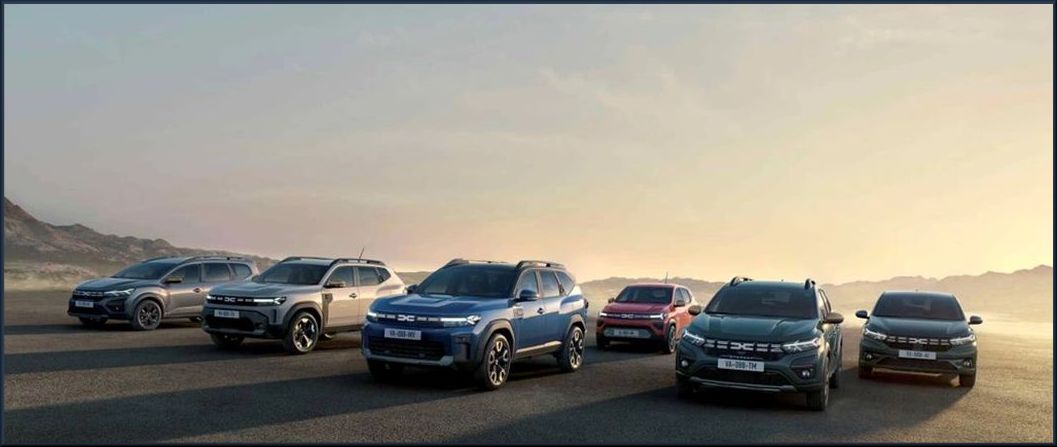
Specifically, between January and July 2025, Europeans from the EU, EFTA and the UK registered 7,900,877 new cars, about the same number as in the same period in 2024 (7,904,412 units), but Dacia managed to increase its sales by 2.7%, from 353,155 units in 2024 to 362,839 this year. This increased the Romanian brand’s market share by 0.1 percentage points to 4.6%.
Moreover, in the ranking of most sought-after brands on the continent, Dacia surpassed much better-known companies such as Hyundai (4% market share), Kia (4%), Ford (3.3%), Opel (3.4%), Volvo (2.8%) and Nissan (2.4%).
Combined with the growth of the Renault brand (7.8% sales growth), Dacia’s growth placed the French group on the third rung of the podium, behind the Volkswagen and Stellantis groups, both of which have many more brands in their portfolios.
While the German Volkswagen Group sold 2,118,454 units in the first seven months of this year, good for a 26.8% market share, and Stellantis sold 1,192,746 new cars, good for a 15.1% share, France’s Renault attracted 812,116 customers, good for a 10.3% market share.
Lower in the group rankings are Hyundai – Kia (8% share), BMW (7.2%), Toyota (7%) and Mercedes-Benz (4.9%).
Sector Retail
Ahold Delhaize sells 87 Romanian supermarkets
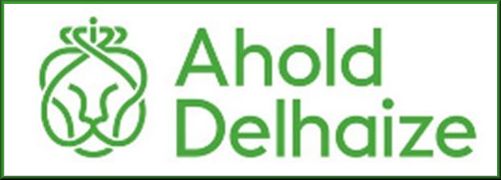 Retail company Ahold Delhaize has sold 87 Romanian supermarkets to local Romanian
Retail company Ahold Delhaize has sold 87 Romanian supermarkets to local Romanian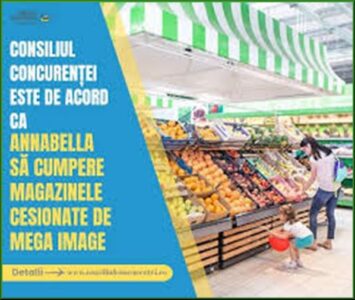 supermarket chain Annabella. The transaction stems from a major acquisition the group made in the Eastern European country early this year.
supermarket chain Annabella. The transaction stems from a major acquisition the group made in the Eastern European country early this year.
Ahold Delhaize then took over 1,600 stores from the Profi retail chain with combined sales of €2.7bn. To get permission from the Romanian competition authority, Ahold Delhaize did have to sell 87 stores. This has now been done “in accordance with the obligations” to the Romanian Competition Council (RCC), Ahold Delhaize recently announced. Profi operated 82 of those. stores. The remaining five belong to Mega Image, the other supermarket brand with which Ahold Delhaize operates in the Romanian market.
Romanian retail sector in mid-2025
Romanian retailers are losing ground, but so are international supermarkets and hypermarkets. The clear winner: the discounter. Market shares of hypermarkets, supermarkets under international brands, supermarkets under Romanian names and traditional trade are falling.
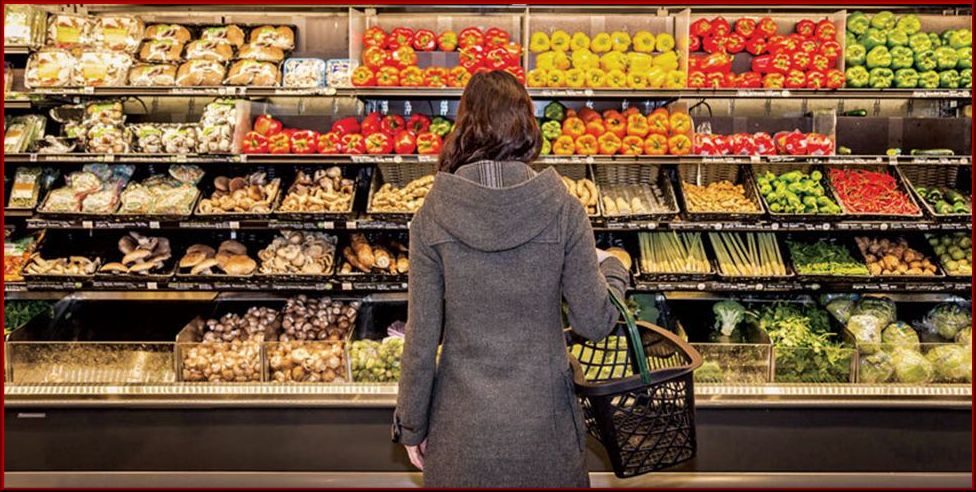
Of the eight store categories analyzed by market research firm YouGov, only two are growing in market share: discount stores and online, but the latter has a more modest lead and a small starting base. On the other hand, modern proximity is stagnating, as is the cash-and-carry channel.
Elena is 65 years old, retired and lives in a small provincial town that has attracted retail investments from Lidl, Penny, Kaufland and Profi, the latter of which operates two stores in town. The modern units are among the few Romanian companies that have survived in the increasingly competitive food market.
“Usually I store where the price is lowest. I look at the stores’ weekly deals and then I get my bearings,” she says.
Price has even become the most important decision factor in the purchase process since last year, a trend reinforced by recent events in the local political and economic context. This trend is also reflected in data from market research firm YouGov.
Romanian retail in mid-2025. Romanian retailers are losing ground, but so are international supermarkets and hypermarkets. The clear winner: the discounter. Market shares of hypermarkets, supermarkets under international brands, supermarkets under Romanian names and traditional trade are falling.
Agricultural sector
Pesticide use in Romania increased 13% in one year
Pesticide use in Romania rose 13% in one year, to more than 1 kg/hectare, but is 5 to 7 times lower than in Belgium or the Netherlands. Sweden has the cleanest food .
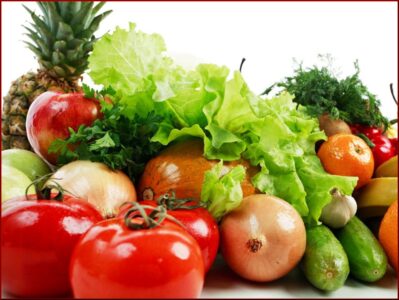 In 2023, Romania consumed 1.04 kg of pesticides per hectare, up 13% from the previous year, when the level was 0.92 kg/ha, according to statistical data from the Food and Agriculture Organization of the United Nations (FAO). Analyzing per capita consumption, it increased from 0.42 kg in 2022 to 0.48 kg in 2023.
In 2023, Romania consumed 1.04 kg of pesticides per hectare, up 13% from the previous year, when the level was 0.92 kg/ha, according to statistical data from the Food and Agriculture Organization of the United Nations (FAO). Analyzing per capita consumption, it increased from 0.42 kg in 2022 to 0.48 kg in 2023.
However, Romania remains one of the countries with the lowest pesticide use in the European Union, well below the levels measured in the countries from which it imports fruits and vegetables. For example, Romania uses more than 3 times less pesticides per hectare than Germany, about 3.5 times less than France (3.65 kg/ha), 4 times less than Italy (4.17 kg/ha), 5 times less than Belgium (5.42 kg/ha) and almost 7 times less pesticides per hectare than the Netherlands (6.95 kg/ha), FAO statistical data also show.
Carrots from Holland, garlic from Hungary and apples from Italy. A disaster in agriculture.
Romania has paid two billion euros in six months for imported fruits and vegetables – a huge amount that demonstrates the disastrous situation in Romanian agriculture. Imports are five times greater than exports and the area of agricultural land is constantly shrinking. Farmers warn: if this trend continues, we will become completely dependent on foreign products.
On supermarket shelves, as well as on market stalls, fruits and vegetables from abroad dominate the offerings.
Romania resumes fertilizer production, but still relies on imports
The Azomureș chemical plant – the last remaining fertilizer producer in Romania – has restarted one of its ammonia production facilities, an intermediate product used in the production of NPK fertilizer, ammonium nitrate and nitro lime fertilizer.
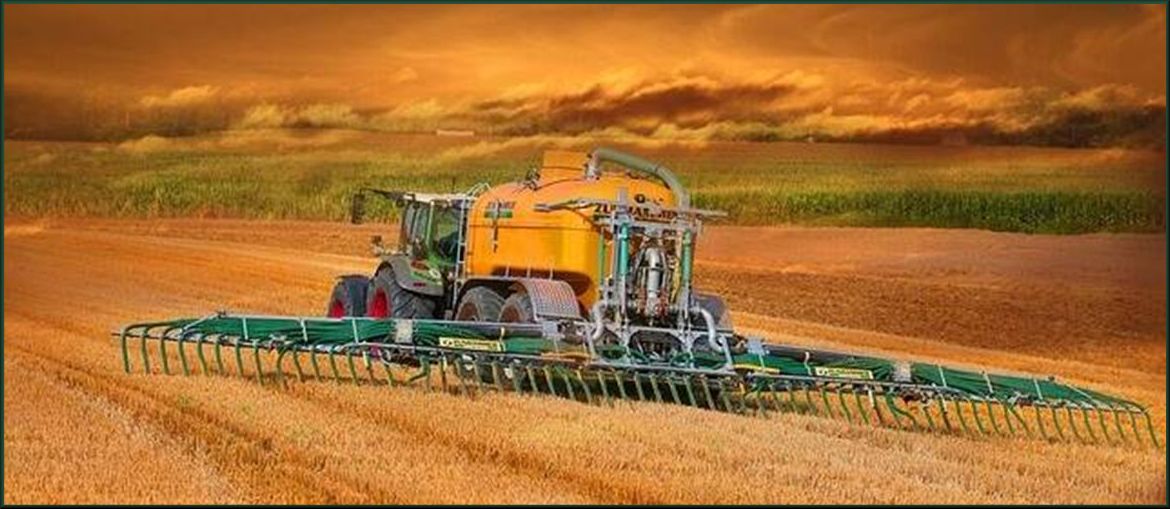
The plants have been inspected and allowed to resume production with reduced capacity for the time being. Azomureș CEO Josh Zacharias recently stated, “We took advantage of a temporary opportunity to buy gas for the next period. It’s not a sustainable situation yet, but at least it allows us to produce fertilizer for farmers for the fall campaign.” Energy Minister Bogdan Ivan recently visited the Azomureș plant and pointed out that Romanian farmers are constantly demanding Romanian fertilizers: “We still have a huge demand on the Romanian market, which is not being met by imports. We get complaints from farmers that the quality of imported products is lower than that produced by Azomureș itself.” Fertilizer production in Romania Bogdan Ivan added that in the long run, fertilizer production in Romania will affect both the domestic market and the international market.

“It is strategic for us to find a clear formula where part of this gas can be brought to Romania and used in our country’s industry, so that the final price of fertilizer is lower. This way we can make the farms in our country competitive, so people will eventually find lower prices on the shelves than they do now, and our farms will be competitive in exporting to the agricultural and food industry,” the minister said. The future of fertilizer production in Târgu Mureș is uncertain, as producers in countries outside the European Union source gas up to 10 times cheaper than in Romania, and environmental regulations are less stringent, making production costs much lower. Restart of production It should be noted that the Azomureș fertilizer plant, the last one still operating in Romania, has resumed production at its ammonia plant after several months of inactivity. Azomureș is the largest individual gas consumer. At full capacity, the plant can “burn” about 3.5 million cubic meters per day. Currently, the plant has a daily consumption of 1 million cubic meters, which means it is running at 30% of its capacity. The plant is owned by the Swiss group Ameropa, which has expressed its intention to sell the plant. State gas producer Romgaz has already announced its intention to buy the plant and is currently in the process of selecting a consultant to help it do so. Opportunities Apart from Azomureș, Romania no longer has functioning fertilizer plants, compared to the many that existed before 1990. Virtually all Romanian agriculture now depends on fertilizer imports. Since every challenge also brings opportunities, this is probably a good time to look seriously at alternatives.
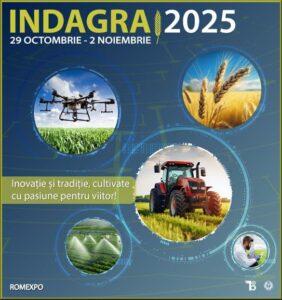 And perhaps also to note in your calendar the upcoming Dutch agricultural mission to Romania, scheduled for late October 2025.
And perhaps also to note in your calendar the upcoming Dutch agricultural mission to Romania, scheduled for late October 2025.
Dutch flowers from DFG increasingly popular in Eastern Europe
Dutch Flower Group’s growth this year is likely to be somewhat lower than in 2024.Sales of flowers and plants are slowing in major markets such as Germany and especially France.
Customers in Eastern Europe and the United Kingdom continue to buy Dutch flowers.
A woman walks past trays of flowers in the Polish capital Warsaw. The growth of Poland’s middle class is benefiting DFG’s sales.
Dutch Flower Group (DFG), the world’s largest trader in flowers and plants, is set to grow by about 2.5% by 2025. Sales to Germany are stagnating and those to France are even declining, but Poland, Romania and Hungary are making up for that. There, thanks in part to a growing middle class, DFG is actually selling more flowers.
As a result, the Aalsmeer-based family company’s growth this year is likely to be lower than in 2024. The previous year ended with sales growth of 5% to €2.3 bln, says ceo Jan van Dam. Profit after tax grew at the same pace, to €36 mln.
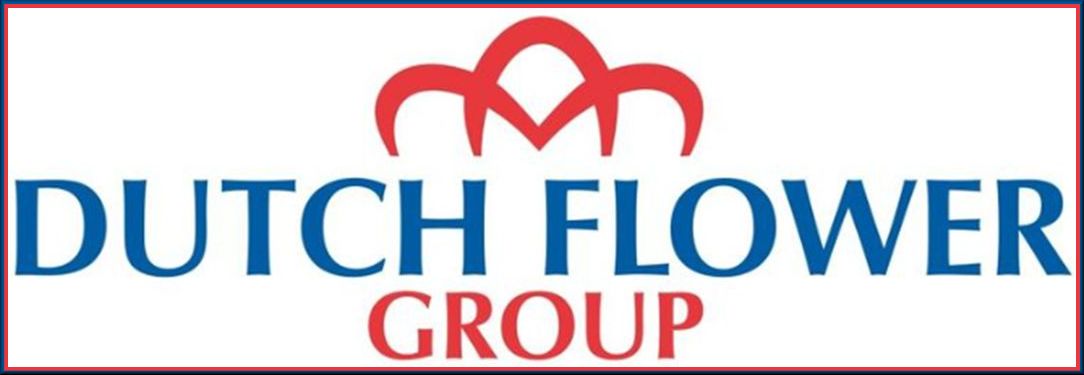
In doing so, the company recovered from a difficult period due to the Ukraine war and high inflation. That turmoil made European florists more cautious about ordering.
Sales to US continue to grow
Trade with Poland, Romania and Hungary continues to grow. ‘The Polish market grew 19% in 2024,’ says Van Dam. ‘The Polish economy is growing and so is the middle class. In Poland, flowers are put down at home, but they are also increasingly part of the decoration at weddings.’ Roses in particular are in demand. According to Van Dam, Poland is now the fourth export market for DFG, after core markets Germany, France and the United Kingdom.

While sales to Germany and especially France are under pressure, sales to the United Kingdom are going well. “There are still security checks at the border, but they will disappear within a year,” Van Dam expects. Sales to the United States are also still growing, despite the 15% import tax and the weak dollar. ‘That’s exciting, though. Dutch flowers are really getting more expensive in the U.S.’
Developments at Dutch Flower Group are fairly consistent with the picture painted by the Association of Wholesalers in Floricultural Products (VGB) at the beginning of the year. The floriculture sector showed growth again in 2024 after two years of contraction. Sales of flowers and plants abroad grew 4% to €7.1 bln.
Declining number of growers
The bulk of the flowers DFG trades come from Dutch growers. ‘It is estimated that about five thousand growers of flowers and plants are active in the Netherlands,’ says DFG board member Marcel Zandvliet. ‘That number has been declining for years.’ Indeed, according to the Chamber of Commerce trade register, the number of flower growers has fallen by more than 10 percent in the past five years. The number of acres used for ornamental cultivation does remain the same.
Florists are also struggling. ‘In Europe, the number of florists continues to decline slowly,’ Zandvliet says. ‘In continental Europe they still account for 60 percent of total sales, the rest is sold through supermarkets.’ According to him, large supermarkets find flower sales important. They also often use the space freed up for this after supermarkets were banned from selling tobacco last year. The expected growth in sales of flowers and plants via the Internet has not materialized, according to Van Dam. “People don’t buy flowers online for themselves, they buy them for someone else.

Floriculture is under fire in the Netherlands because of the use of pesticides and the use of migrant workers. ‘When it comes to the use of pesticides, there has been a pretty hard decline,’ Van Dam said. He refers to figures from MPS, which keeps track of the sustainability of floriculture. According to that foundation, internationally the use of the most environmentally damaging active substances fell by 78% over the past decade.
DN Agrar, Europe’s largest milk producer, reports best financial results ever. Both deliveries and prices increased.
DN AGRAR Group, Europe’s largest cow’s milk producer, closed the first half of 2025 with sales of 101 million lei, up 22% from the previous year, and a net profit of 27 million lei, up 80%. It is the best half in the company’s history, with an EBITDA margin of 49%.
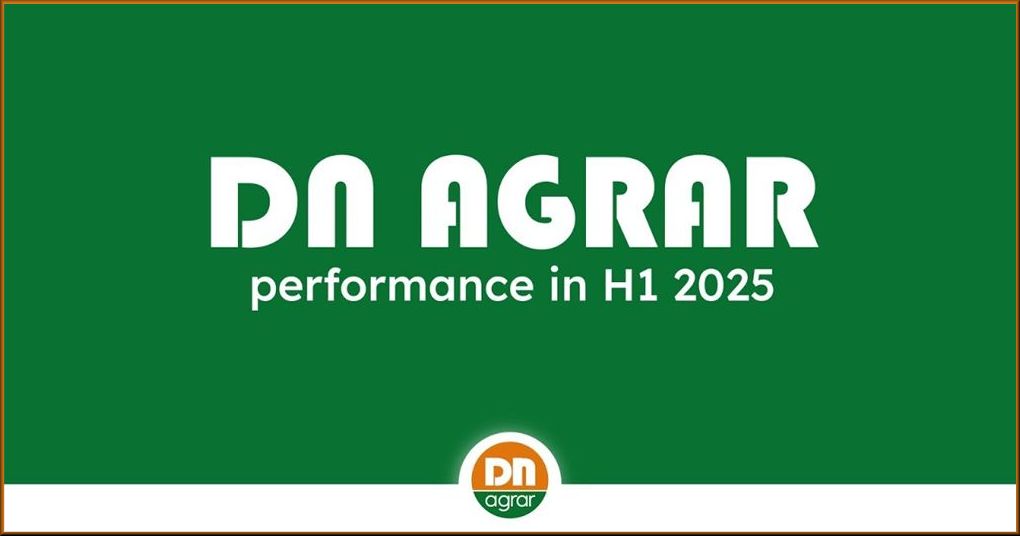
DN AGRAR posted record financial results in the first half of the year, with sales up 22% and net profit 80% higher than in the same period last year. All this on a 6% increase in the volume of milk delivered and an increase in the average selling price of milk, according to a company press release.
Characterized by both successes and challenges, the first six months of 2025 showed solid progress at the operational, financial and strategic levels. We published the 2025-2030 development strategy, strengthened our management team and recorded the best six months in the company’s history, with an EBITDA margin of 49% despite external pressures. We met our commitments by investing 32 million lei to advance key projects. Renewable energy production capacity increased with the installation of solar panels on the Apold, Cut and Lacto Agrar farms. The development of the Straja farm progressed faster than planned and is expected to have 1,800 animals by the end of August. The second composting plant on the Lacto Agrar farm is proceeding according to plan and is expected to be operational by the end of this year.
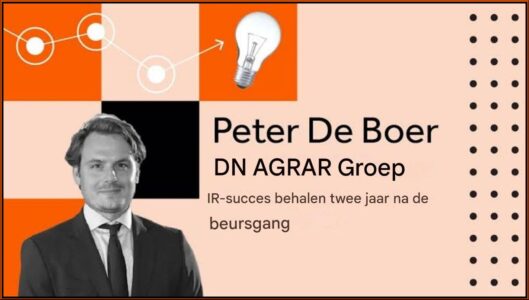
Certification for organic fertilizers is expected in September. The cooperation for biomethane production with BSOG Energy has entered a “new phase,” with land acquisition and permit procedures underway. “Each step brings us closer to our vision of sustainable and circular agriculture, which creates long-term value,” said Peter de Boer, CEO of DN AGRAR Group.
Damen delivers Stan Tug 1706 ICE to First Nation of Chippewas on Georgina Island
Aug. 18, 2025
Damen Shipyards Group recently signed a contract with Chippewas’ First Nation on Georgina Island in Canada for the delivery of a Stan Tug 1706 ICE.
The community will use the tug to break ice during the colder months, allowing the ferry service to operate longer each year, both earlier and later in the season.
The community of Chippewas on Georgina Island approached Damen after seeing one of their tugs in operation in the region. The community is located on Lake Simcoe in southern Ontario.
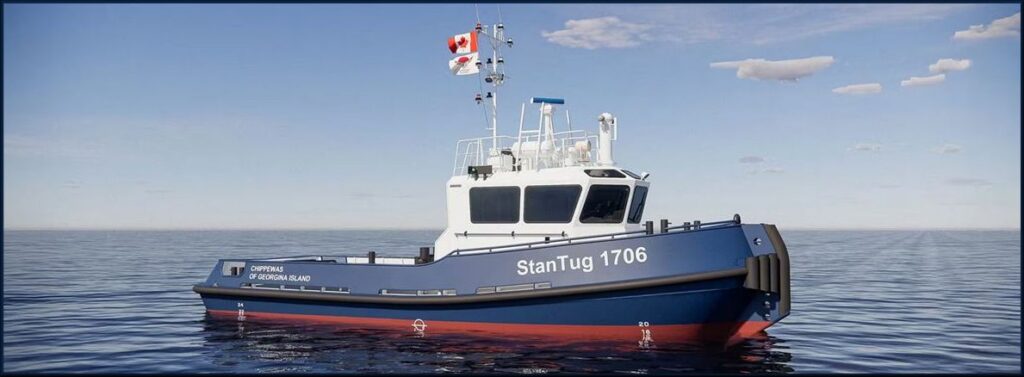
Essential transportation link
The purchase of the Stan Tug 1706 ICE represents a vital improvement in community mobility and supply logistics. The remoteness of the Lake Simcoe region and harsh winter conditions make safe and reliable transportation essential. With its ice-breaking capabilities, the tug will make the community’s ferry service between Georgina Island and Virginia Beach on the mainland more widely available.
Before the frost
After building the hull in Poland, Damen will finish the vessel in the Netherlands. Upon completion, Damen will deliver the vessel to Salaberry-de-Valleyfield in the Montreal region in September 2026, before the annual closure of the St. Lawrence Seaway.
After that, customers will continue their journey to Lake Simcoe via the Trent-Severn Waterway before it too is closed to shipping traffic until next year.
Cultural significance
The name of the tugboat has not yet been determined. However, it is known that it will have a name with deep cultural significance from one of the community’s elders in their native language, the Anishinaabemowin, or Southern Ojibway. Dominique Smit, Sales Manager Americas at Damen, said, “We are delighted to support the Chippewas of Georgina Island First Nation with a vessel that will sustain ferry services in harsh winter conditions. It is an honor to contribute to the community’s connection and resilience and we look forward to a long-term relationship.”
Defense company Rheinmetall Ede wants to make systems for air defense in the Netherlands.
Apart from army vehicles, Rheinmetall Ede wants to produce Skyranger 30 anti-aircraft in the Netherlands from now on. The Ministry of Defense is keen on this, according to ceo Coen van Leeuwen. If it comes to fruition, anti-aircraft towers and cannons will soon be made in Ede, Gelderland.
German defense company Rheinmetall may move production of the Skyranger 30 to the Netherlands. Rheinmetall’s facility in Ede would then manufacture the anti-aircraft towers and guns that make up this system.
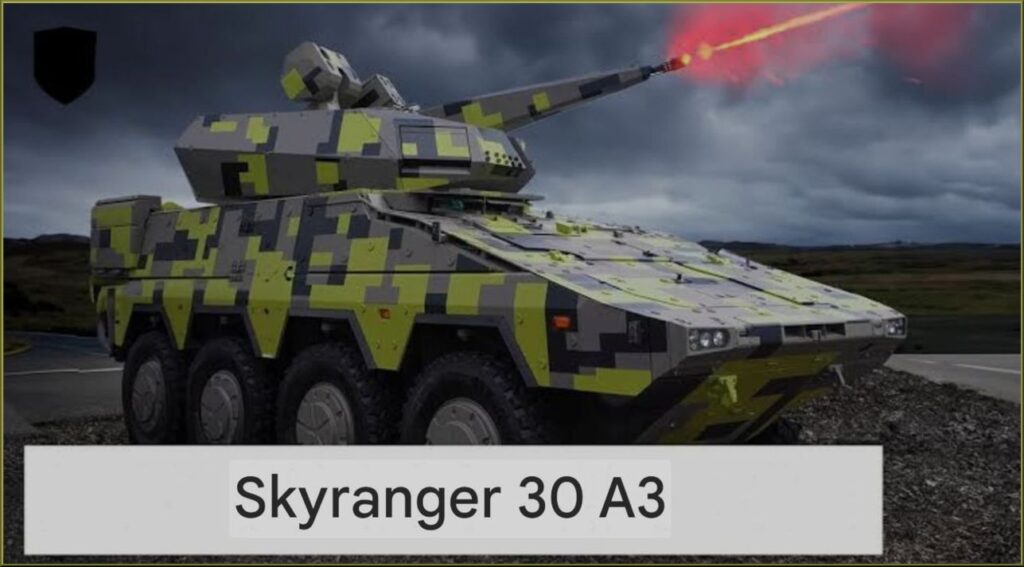
Rheinmetall now makes only armored vehicles in Ede. That is now to be expanded. Rheinmetall is preparing plans to also manufacture systems for air defense in the Netherlands from now on. As a production location for this, the German defense giant has its subsidiary in Ede in mind. This was confirmed by Ceo Coen van Leeuwen of Rheinmetall Ede on Tuesday in the podcast In het defensief of the FD and BNR.
The Netherlands has long had far too few air defenses. NATO reportedly found this again earlier this year in a secret analysis. Now that the Netherlands and the 31 other NATO members agreed in June to increase defense spending to 5% of gross domestic product by 2035 at the latest, billions will be freed up to close the many gaps in defense capabilities.
In this regard, strengthening Dutch air defense is a priority, outgoing Defense Minister Ruben Brekelmans previously reported to the FD. According to the VVD’er, the war in Ukraine shows how essential it is that NATO countries can also protect themselves well against large-scale air attacks with missiles and drones.
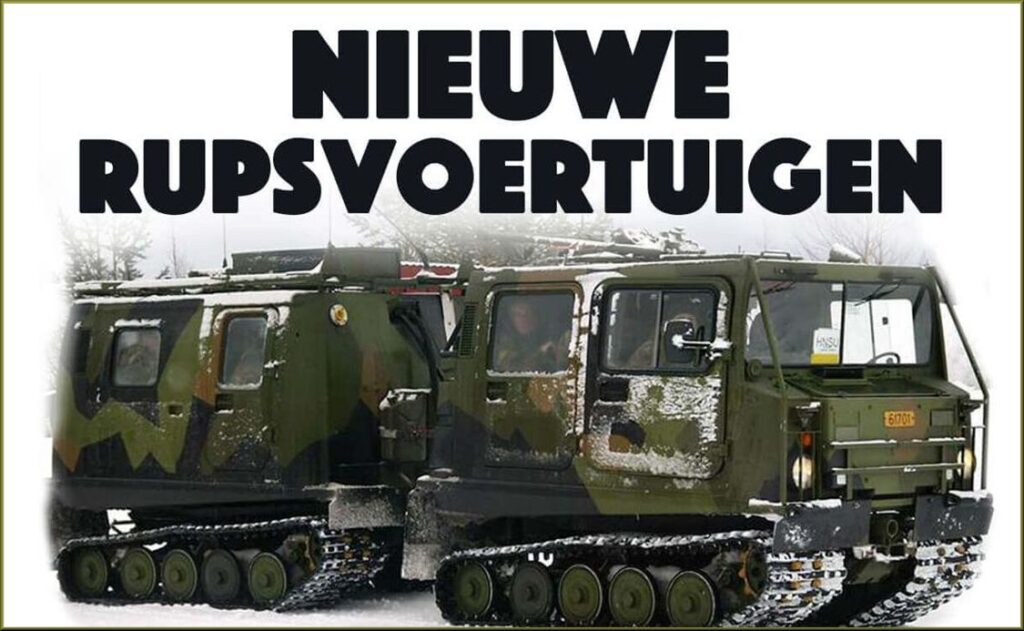
Protection of ground troops
For this, Defense is purchasing at least the Skyranger 30, said Van Leeuwen of Rheinmetall Ede. This is a mobile gun-based air defense system from Rheinmetall. The system is intended for short-range operations and should protect ground troops from aircraft, helicopters and other threats from the air. The Skyranger 30 can be placed on the Boxer, among others. This is a very strong armored vehicle that already rolls off the assembly line in Ede. The Dutch and German armies, among others, have Boxers.
Post Craiova – Meet Jaap Merkus; CEO of NetRom

You may have already picked it up somewhere as a reader of this blog: recently I announced my resignation as CEO of NetRom. It had to happen sometime, and after 27 years, the time has come. As you can probably imagine, this is a profound change for me personally, accompanied by some complex emotions.
Fortunately, we have found a perfect successor with Jaap Merkus. Jaap is an experienced and competent director who has quickly mastered the NetRom DNA. This Post Craiova we therefore do in a slightly different format than usual, namely in the form of a double interview, in which we combine my farewell and the introduction of Jaap Merkus, so to speak.
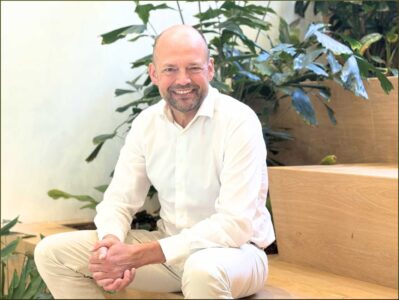 Jaap: “The vacancy at NetRom came at an ideal time for me; I was ready for a new challenge. I have extensive experience in consultancy and as an executive and CEO, including with an independent quality and supervision organization in the software industry. I was also director of Gazelle for many years. The click was there right away, both personally with Han, and on a business level. NetRom is a pragmatic and accessible company, with a pure way of working. We work with strong, dedicated teams for longer periods on assignments and we do what we promise. I found that immediately striking, in that lasting cooperation NetRom is particularly good.”
Jaap: “The vacancy at NetRom came at an ideal time for me; I was ready for a new challenge. I have extensive experience in consultancy and as an executive and CEO, including with an independent quality and supervision organization in the software industry. I was also director of Gazelle for many years. The click was there right away, both personally with Han, and on a business level. NetRom is a pragmatic and accessible company, with a pure way of working. We work with strong, dedicated teams for longer periods on assignments and we do what we promise. I found that immediately striking, in that lasting cooperation NetRom is particularly good.”
Han: “In that pragmatism, I also call it down-to-earth or no nonsense, Jaap and I find each other. We both have an enormous drive, but without fuss. Much attention and focus goes into creating ideal working conditions and personal and professional development for our 500+ engineers. This is in NetRom’s DNA, and Jaap senses it perfectly. The transition is therefore proceeding particularly harmoniously and efficiently. A textbook example of how it should be as far as I am concerned. What I find very interesting is that Jaap has a lot of experience and even provides training on leadership transfers and transitions within family businesses. So he knows like no other what you can run into when you succeed the founder of a company.”
Jaap: “The most important thing is to take the time to get to know the company through and through. Not just the products or services, but precisely those things that are not on paper. That means a gradual approach, open communication and asking lots of questions. This also suits my personal style: don’t judge right away, but learn to understand why something is the way it is. It helps, of course, that NetRom is a very successful organization. There is a high level of customer and employee satisfaction. People build on each other, even when something doesn’t go well. NetRom stands for Netherlands and Romania. That actually sums it up perfectly: Dutch sobriety and Romanian cordiality. A golden combination.”
Han: “For that reason, we encourage our customers to visit the Craiova campus at least once and immerse themselves in the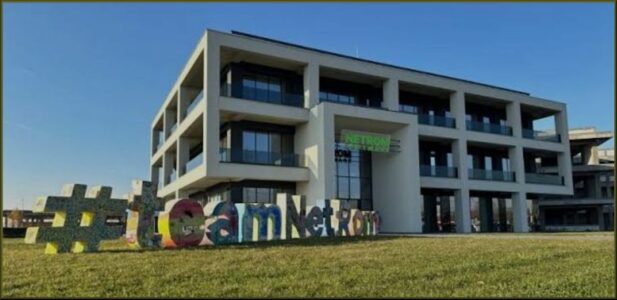 life and work here. That is something completely different from the one or two cups of coffee you get during a meeting in the Netherlands. It is an experience, the contact is warmer and more intense and creates a bond that goes deeper than just business. Some clients have been dozens of times. I don’t think you have that anywhere else. Visitors who come here for the first time are often surprised. And Romanian hospitality is sometimes quite in contrast to Dutch Calvinism. To understand that, you have to be here, you have to experience it.”
life and work here. That is something completely different from the one or two cups of coffee you get during a meeting in the Netherlands. It is an experience, the contact is warmer and more intense and creates a bond that goes deeper than just business. Some clients have been dozens of times. I don’t think you have that anywhere else. Visitors who come here for the first time are often surprised. And Romanian hospitality is sometimes quite in contrast to Dutch Calvinism. To understand that, you have to be here, you have to experience it.”
Jaap: “I totally share this experience. The lavish lunch we just had is a wonderful example of that Romanian hospitality. I am a huge travel enthusiast and this international aspect really appeals to me. The commute between the Netherlands and Romania will be less intensive for me than for Han. If only because my personal life takes place in my hometown Bilthoven. Of course, the plan is to take my wife and my two young adult children to Craiova once, so they too can experience what it is like here.”
How does Jaap see the future of NetRom? What are the ambitions? Jaap: “Travel is going to happen no matter what, I see a lot of international growth potential. We already have clients in eight countries, including Norway, France, Germany, England and the United States. These clients and their way of thinking and working suit us. There are opportunities here for a solid growth impulse.
In addition, there are developments in which we can move and grow even more. AI, for example. We have been applying this in many ways for a long time, but recently it has been taking off. NetRom can play a role in the entire chain; from deployment and support in the development process to application for customers in their final product. Together with investors, we are looking at opportunities to link AI agents to NetRom to accelerate the development of AI in our services.
By the way, the next few months will first be all about a road show for me to get to know as many customers as possible. I am incredibly looking forward to that.”
Han: “For me, there will be more balance in my life in the near future. More personal freedom. That feels good. I will take a spot on the supervisory board and I will remain a shareholder of NetRom, and I will also remain responsible for the further development of the campus in Craiova. So I’m certainly not completely gone, but Jaap will be ultimately responsible since July 1 and will take over all operational tasks from me.
I received a tremendous number of heartwarming responses to the news of my resignation. My never-ending need to compare Dutch and Romanian societies, to name similarities and differences and to ventilate them to you through this blog, does not stop. So this is not the last Post Craiova, we will continue with that for now. 🙂 See you soon!
Aviation sector
Wizz Air announces two new routes including Maastricht
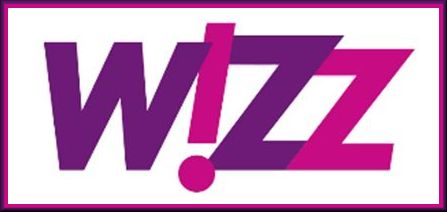 Starting in October, these will be operated from Bucharest’s Henri Coandă International Airport to Paris Orly
Starting in October, these will be operated from Bucharest’s Henri Coandă International Airport to Paris Orly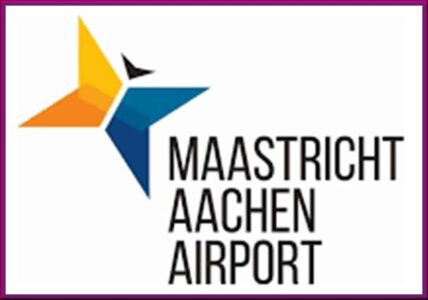 (France) and Maastricht (Netherlands). These additional flights come on top of the launch of another route from Bucharest Otopeni to Frankfurt Hahn this week, with flights on Mondays, Wednesdays and Fridays. to The new route to Paris Orly will be operated every Monday, Tuesday, Wednesday, Friday, Saturday and Sunday starting Oct. 26. This route replaces the existing connection between Bucharest Otopeni and Paris Beauvais, offering Romanian passengers a more comfortable alternative.
(France) and Maastricht (Netherlands). These additional flights come on top of the launch of another route from Bucharest Otopeni to Frankfurt Hahn this week, with flights on Mondays, Wednesdays and Fridays. to The new route to Paris Orly will be operated every Monday, Tuesday, Wednesday, Friday, Saturday and Sunday starting Oct. 26. This route replaces the existing connection between Bucharest Otopeni and Paris Beauvais, offering Romanian passengers a more comfortable alternative.
Flights to Maastricht will be operated on Mondays and Fridays starting Oct. 27. Bucharest Otopeni – Paris Orly Monday, Tuesday, Wednesday, Friday, Saturday and Sunday (99 RON )
Oct. 26 Bucharest Otopeni – Maastricht Monday and Friday, Oct. 27 (159)RON
Political developments
Garry Kasparov sent a video message to the people of Moldova
Garry Kasparov sent a video message to the people of Moldova ahead of the Sept. 28 parliamentary elections.
“Moldova can finally break away from Putin’s fascist regime after these crucial elections,” said the former world chess champion. “Very soon there will be parliamentary elections. But these will not be ‘ordinary’ elections, because this time you will decide not only who will get the mandate to form a new government, but also which path the Republic of Moldova will take in the future.
 Many of those who listened to this message, like me, were born in the Soviet Union. And we remember the times when elections were a farce. They decided nothing, because in the end the indestructible bloc of communists and independent parties always won. Unfortunately, in most of the countries that emerged from the ruins of the Soviet empire, citizens enjoyed the freedom to express their will only for a short time, and today they are again being deprived of the opportunity to influence power. The same fate befalls your country and Putin’s fascist regime,” Garry Kasparov warned those who are still homesick for Russia. According to the Russian opposition leader, Moldovan citizens now have freedom of choice. This could change if political forces loyal to the Kremlin come to power. “You have the ability to choose. You can choose the path to Europe. It will be a difficult path, a path full of potholes. On this path there will be surprises, not only pleasant, but also unpleasant, but this will be your path, your path to the
Many of those who listened to this message, like me, were born in the Soviet Union. And we remember the times when elections were a farce. They decided nothing, because in the end the indestructible bloc of communists and independent parties always won. Unfortunately, in most of the countries that emerged from the ruins of the Soviet empire, citizens enjoyed the freedom to express their will only for a short time, and today they are again being deprived of the opportunity to influence power. The same fate befalls your country and Putin’s fascist regime,” Garry Kasparov warned those who are still homesick for Russia. According to the Russian opposition leader, Moldovan citizens now have freedom of choice. This could change if political forces loyal to the Kremlin come to power. “You have the ability to choose. You can choose the path to Europe. It will be a difficult path, a path full of potholes. On this path there will be surprises, not only pleasant, but also unpleasant, but this will be your path, your path to the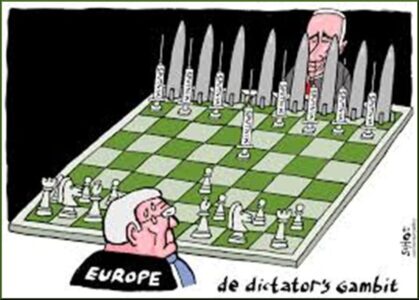 future. I urge you to say no to those who drag you into the dark past, to those who want to deprive you of the ability to choose. And remember that your choice is not just your choice, it is a choice you are making for your children and grandchildren, so that they too can change power, so that they too can be masters of their own country. Good luck! And may God be with you,” Kasparov also said.
future. I urge you to say no to those who drag you into the dark past, to those who want to deprive you of the ability to choose. And remember that your choice is not just your choice, it is a choice you are making for your children and grandchildren, so that they too can change power, so that they too can be masters of their own country. Good luck! And may God be with you,” Kasparov also said.
Putin’s Fifth Column is formed in almost all EU countries by extreme or populist right-wing parties.
Some even receive financial support from the Russian Federation.
Unfortunately, the mainstream media still see it as an incident with limited interrelatedness. An example from the recent past of this is the German politician known for his friendship with Putin is former Chancellor Gerhard Schroeder.
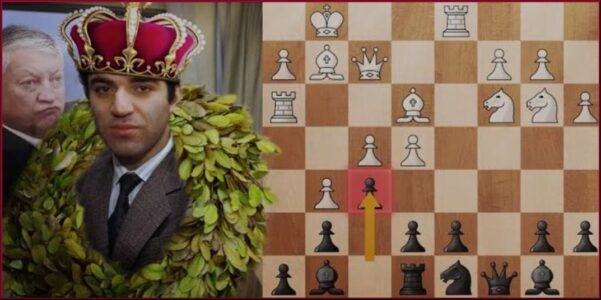
He has strong business ties with Russian state-owned companies, even after the annexation of Crimea and the start of the war in Ukraine.
In other EU member states, it takes place in a more subtle way.
Macron, Merz and Tusk express support to Maia Sandu for Republic of Moldova’s accession to EU
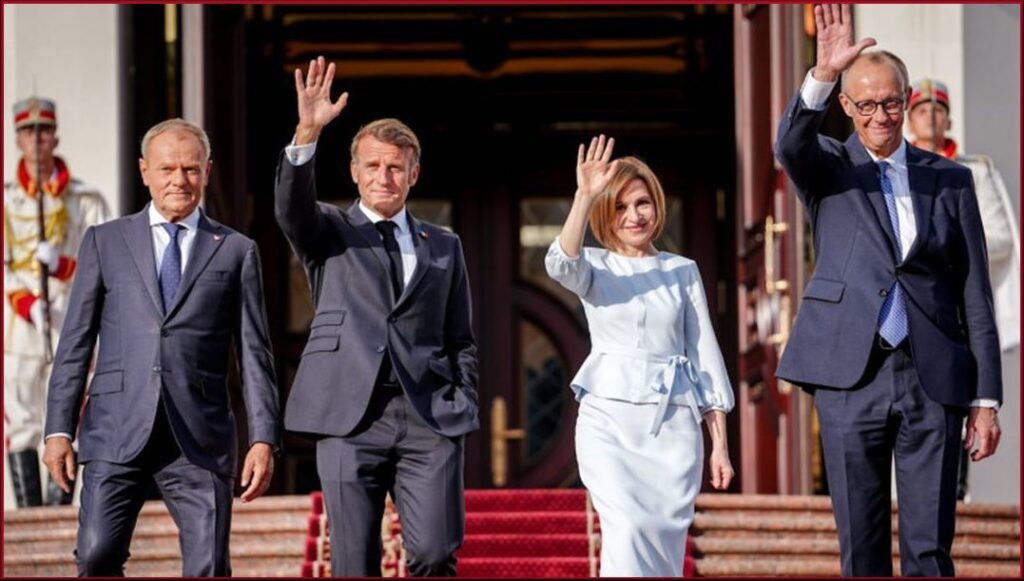
After French President Emmanuel Macron, German Chancellor Merz and Polish Prime Minister Tusk were received in Chisinau by President Maia Sandu, she showed them Volodymyr Zelensky’s message with the text “A living connection between Europe and the Moldovan people.” The European leaders greeted on the stage at the Grand National Square the large number of enthusiastic residents of capital city present.
Tense context regarding September elections French President Emmanuel Macron, German Chancellor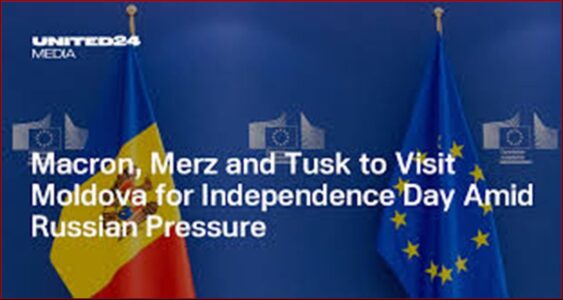 Friedrich Merz and Polish Prime Minister Donald Tusk expressed support for Moldova’s accession to the European Union on Wednesday, Aug. 27, in Chisinau.
Friedrich Merz and Polish Prime Minister Donald Tusk expressed support for Moldova’s accession to the European Union on Wednesday, Aug. 27, in Chisinau.
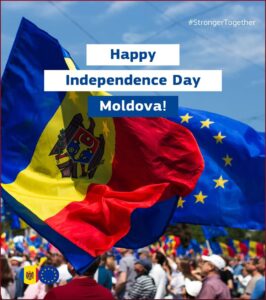
The three European leaders were welcomed by Maia Sandu during the Moldovan presidency on the occasion of celebrations marking the 34th anniversary of Moldova’s declaration of independence. Moldova, considered particularly vulnerable after Russia’s invasion of neighboring Ukraine, is preparing for crucial parliamentary elections this month for its pro-European course. “The door to the European Union is open. Their pro-European allies face a tough challenge in next September 28 parliamentary elections.” All three European leaders pledged technical and diplomatic support to Chisinau in defense against Russian hybrid attacks. These attacks have increased dramatically since the beginning of Russia’s large-scale invasion of Ukraine in 2022. “We know very well how badly Moldova is suffering from Russia’s war of aggression against Ukraine,” Merz added. For his part, Macron expressed France’s “strong support” for the Republic of Moldova and its candidacy for the European Union, and condemned Russia’s “lies” during his symbolic visit to Chisinau. “The Kremlin’s propaganda tells us that the Europeans want to prolong the war and that the European Union is oppressing the peoples. These are lies. Unlike Russia, the European Union does not threaten anyone and respects everyone’s sovereignty,” the French president said at the same press conference. Emmanuel Ukrainian President Volodymyr Zelensky sent a message Wednesday on the occasion of the Independence Day of the Republic of Moldova, expressing his solidarity and desire for a common pro-European path. 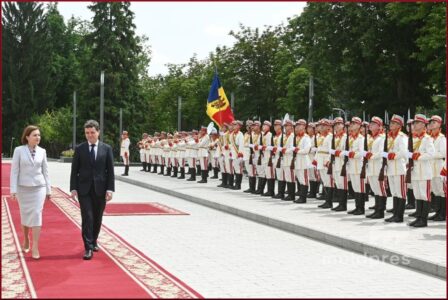
On “The Day of the Romanian Language “Romanian President Nicusor Dan visited Moldova highlighting the historical connection between the two Romanian-speaking countries,
The European Union supports a strong, democratic and prosperous Moldova, where young people find opportunities at home and every citizen contributes to a better future. Congratulations, Republic of Moldova! The numerous expressions of support from Brussels and most member states make it impossible for the Russian Federation to still influence the upcoming elections undetected.
Governor pro-Russian region in Moldova sentenced to 7 years in prison, to Kremlin anger
Yevgenia Gutshul, Gagauzia is or was governed by a kind of governor called başkan, a word that also in Turkish means as much as leader of the autonomous Moldovan region of Gagauzia, has been sentenced to 7 years in prison. She funneled Kremlin funds to a pro-Russian political movement in Moldova, the judge ruled. The ruling marks the Moldovan authorities’ dogged fight against Russian influence.
Romanian President goes to U.S.
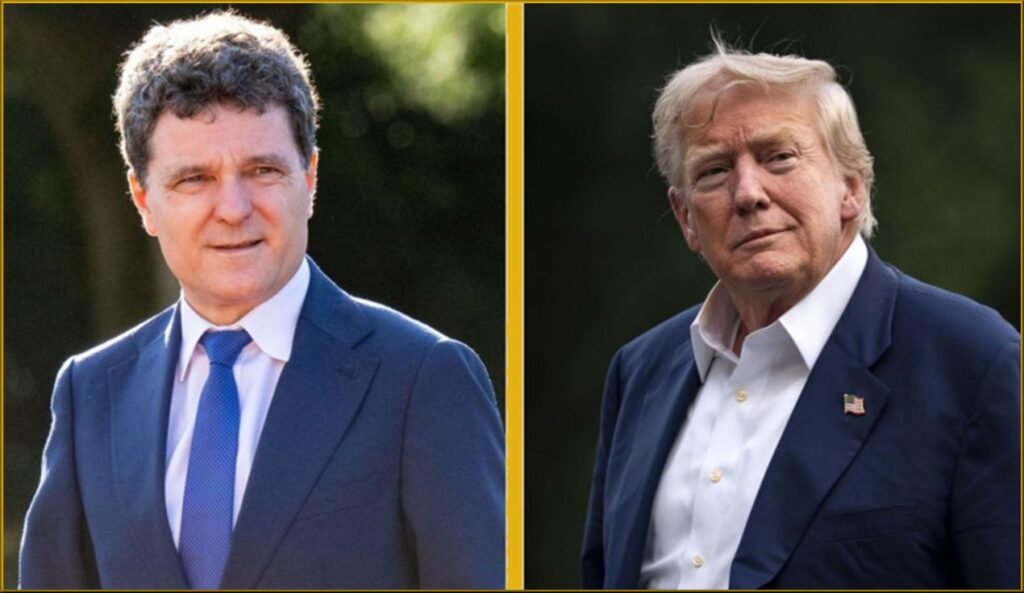
President Nicusor Dan has been invited by U.S. President Daniel Trump for a visit to the United States that will take place around Jan. 2026.
Because such visits are rarely sojourns, U.S. Secretary of State Marco Rubio and Romanian Foreign Minister Oana Toiu have contacted each other to prepare the(spirited) agenda of both presidents.
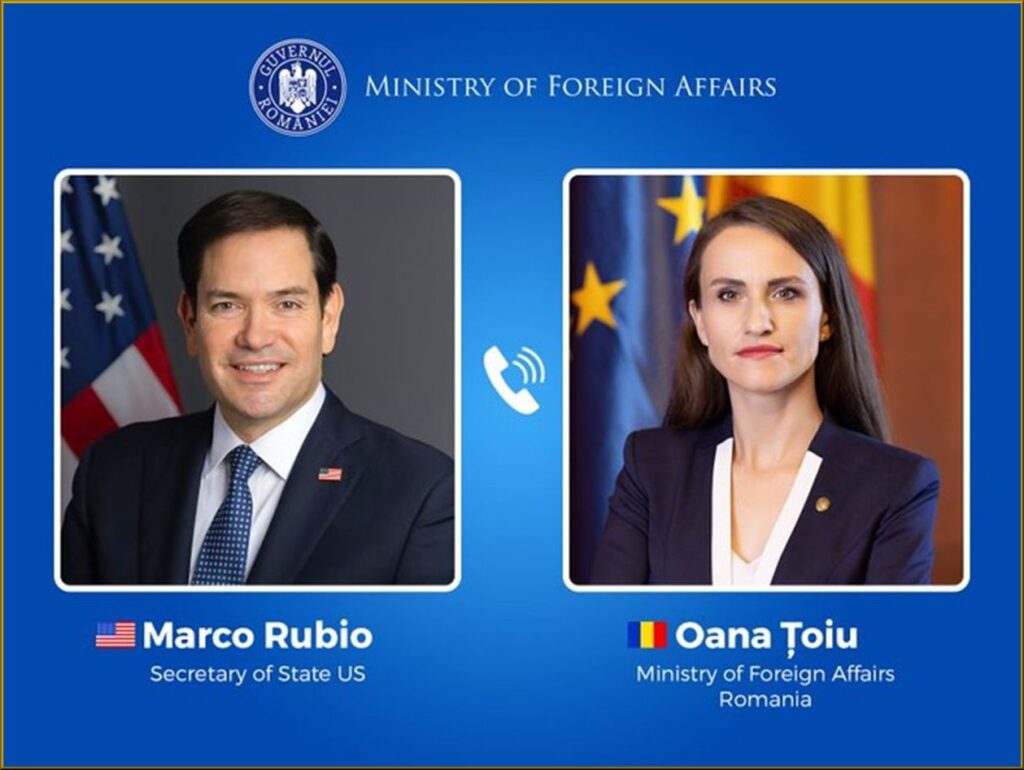
Cultural sector
“If we dissolve the culture, what are we fighting for?”
These famous words of Winston Churchill still resonate today. Culture connects, inspires and empowers – especially in turbulent times.
 Therefore, two young but experienced Romanian soloists, soprano Paula Iancic and tenor Remus Alazaroae (from the opera houses in Bucharest and Timișoara), together with the International Symphony Orchestra from Lviv and the DUMKA choir from Kyiv, present an unforgettable Opera Gala. Under the direction of the Dutch
Therefore, two young but experienced Romanian soloists, soprano Paula Iancic and tenor Remus Alazaroae (from the opera houses in Bucharest and Timișoara), together with the International Symphony Orchestra from Lviv and the DUMKA choir from Kyiv, present an unforgettable Opera Gala. Under the direction of the Dutch
conductor Raymond Janssen, winner of the DRN Business Award (2016), they bring world-class opera to the Netherlands.
Dates:
December 29, 2025
January 3, 5 and 10, 2026

For years, Raymond Janssen has been building bridges between cultures by bringing international musicians together. In 2018, for example, he toured the Netherlands with the choir from Timișoara and the orchestra from Lviv. Once again, connectedness is central: music as a universal language that brings people closer together.
In addition to the Opera Gala, there are other spectacular productions on the program:
The Music of Harry Potter Live
The Lord of the Rings & The Hobbit in Concert
A grand symphonic spectacle with compelling film music and an impressive light show that enhances the emotional power of the music.
Tickets are available at: Cadenza-productions.com | Worldconcerts.com
Disclaimer

The newsletter of the Dutch Romanian Network is compiled with great care. The Dutch Romanian Network cannot accept any liability for a possible inaccuracy and/or incompleteness of the information provided herein, nor can any rights be derived from the content of the newsletter. The articles do not necessarily reflect the opinion of the board.
